Leza Wells, Chief Product Actuary : FMI -a Division of Bidvest Life Ltd
Typically, most life insurers go straight to insuring against death and permanent disability with lump sum benefits. In fact, lump sum life cover makes up nearly three-quarters of all business written by the industry compared to income protection currently only making up 8% (1).
This is concerning when one considers that the greatest risk any individual will face during their working career is a temporary injury or illness (2).This is evident in the fact that a third of FMI’s policyholders claim on their income protection policies.
By appreciating the degree to which we rely on our monthly income to provide for our living expenses and how likely a break in that income will be due to injury or illness, we begin to understand the importance of protecting income before anything else.
Simplified planning:
There’s a stunning simplicity to income benefits. You don’t have to try figure out how much lump sum your clients require to best support their financial needs in the future; you don’t have to make assumptions around inflation; you don’t have to make assumptions around inflation or put your clients’ lump sum at risk when deciding on to invest; nor do you need to consider how long a lump sum payout would need to last. All you need to know is what your client earns.
Income benefits offer your clients many advantages:
- Easier to understand and relate to. Simply put, income benefits mimic the income stream your clients are trying to replace in the event of an injury or illness. This makes planning for and managing their recovery that much easier for them.
- Secures your clients’ financial future. Customers are more likely to keep their cover in place because income benefits are more relatable and easier to understand, and premiums don’t escalate every year as significantly as lump sum cover.
- More cost-effective. Income benefits can save customers money because they’re typically more affordable than the lump sum equivalent.
- Guarantees an income stream to ensure a client’s financial future is secured in times of temporary illness and disability.
- Income benefits mitigate investment and inflation risks because your clients don’t need to worry about investing a lump sum of money and the risk of future investment returns as well as the future impact of inflation.
- Income benefits mitigate longevity risk because your clients don’t need to worry about running out of money before they die.
- Income benefits mitigate behavior risk, so your clients will not be tempted to spend large sums of money on expensive cars or luxury holidays.
Ultimately, we all need to reconsider what we’ve come to believe about life insurance. It’s time to start seeing life insurance as an opportunity to protect your clients’ monthly earnings and the future income they are yet to earn.
Our role as an industry is to start by understanding the mindset of our clients at each stage of their lives – solutions that can adapt as life changes and for as long as is required – in order to provide the very best cover possible.
Start seeing life insurance as something that protects your clients in life, not just in death, by putting their income first.
(1) Source: Swiss-Re New Business Volume Survey 2019.
(2) FMI Claim Stats

MAKE YOUR IMPACT.
PROTECT THEIR
INCOME FIRST.
FSP 47801

